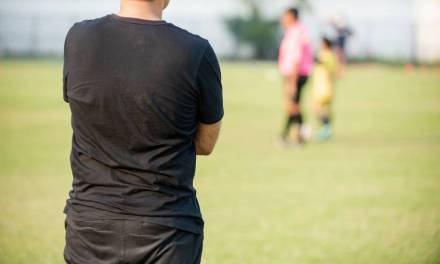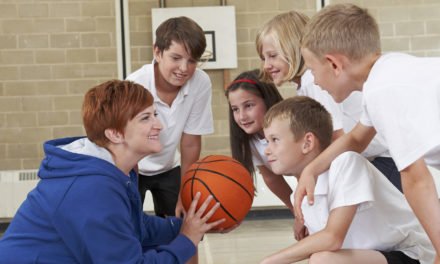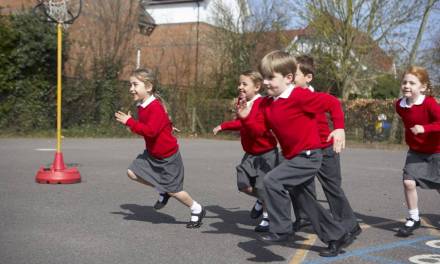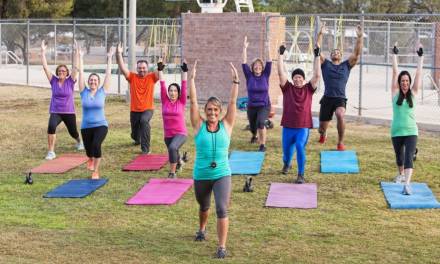Parents have recently called for schools to pursue physical activity after fears for their children’s health being hampered due to the recent COVID lockdown.
It has been over a year since the first lockdown which has seen an increase in sedentary lifestyle for many throughout the world with limited access to sport and leisure facilities.
Many children who rely on school for an active lifestyle had their lives radically changed, now parents want institutes to raise their child’s physical and mental health standard when being educated.
A recent report by The Telegraph found:
“YouGov research shows that more than two-thirds (69 per cent) of parents said that their child had become less active over the past year and alarmingly, only 13 per cent thought that child was doing the recommended 60 minutes of activity a day. Around one in 10 parents said that their child was doing no daily activity.”
With children now back in education, schools have been adapting to teaching academic subjects in a fun and informative manner whilst also abiding to the COVID guidelines set out by the government to achieve a safe learning environment.
But parents have urged schools to not only prioritise developing their mind in terms of written core subjects but to ensure they are reacquiring lost fitness levels from lockdowns.
Physical activity alleviates the risk of obesity and overall, significantly improves mental and physical and health. Sky reported the world obesity federation found that:
“The death rate from COVID-19 is 10 times higher in countries where 50% or more of the population is overweight.”
Physical inactivity with children has been regarded as an escalating issue in recent years due to the digital and social media age. Inactivity has even increased to comparative death rate levels with smoking.
Mental and physical health impacts from activity
It is clear the physical benefits of promoting activity will provide children after a recent dormant lifestyle due to COVID. But the mental advantages are just as prevalent.
The importance of mental health, especially in children and their developing brains, is demonstrated as the BBC reported in a survey of 2,013 of 6–16 year-olds:
“Under half (49%) said they felt “worse than usual” during the experience.”
Children across the world were in the same predicament yet, there were many different circumstances. Some children live in council flats where no activity was possible, where some have gardens where they could exercise.
Regardless, the lockdown was detrimental to children’s mental and physical health in whatever context which is why parents want their children becoming active to regain a sense of sanity.
Government recommendations for physical activity
The government guidelines for physical activity to ensure children are safe when exercising has been consistent to what they have told the public over the past year.
Outdoor activity has said to be prioritised where possible for maximum airflow but indoor activity is permitted following safety and hygiene procedures are followed.
An extensive view of operational guidance for schools can be found here.
Our findings on physical activity
PE Office spoke to a number of our EDClass collaborative schools and found that a majority of practical physical activity has currently been side-lined and replaced with more theory.
Sports and activity halls have been occupied and prioritised for exams and assessments in academic subjects. COVID has also resulted in more planning and preparing of lessons ensuring safety measures are met.
It was also said by the schools that participation was vitally important to help with well-being. With theory just being taught since pupils have returned, it has had a detrimental impact on their health. A school in Doncaster, who want to remain anonymous, said:
“You only have to look at media campaigns for grassroot sports to come to show how important PE, social interaction and games in general is needed for physical and possibly most important, mental health.”
PE Office in combination with EdClass can help improve academic development and promote physical activity despite online learning due to our lessons being entertaining, informative and stimulating.
We will help support your differentiation in the classroom by using our unique PE teaching videos and resources. Beneficial for all students at different stages of a topic or course, providing content specific information and allowing learners to have a personal login and access anywhere they want.
You can access loads of our lessons plans here and you can watch a variety of PE Office’s lessons here.










